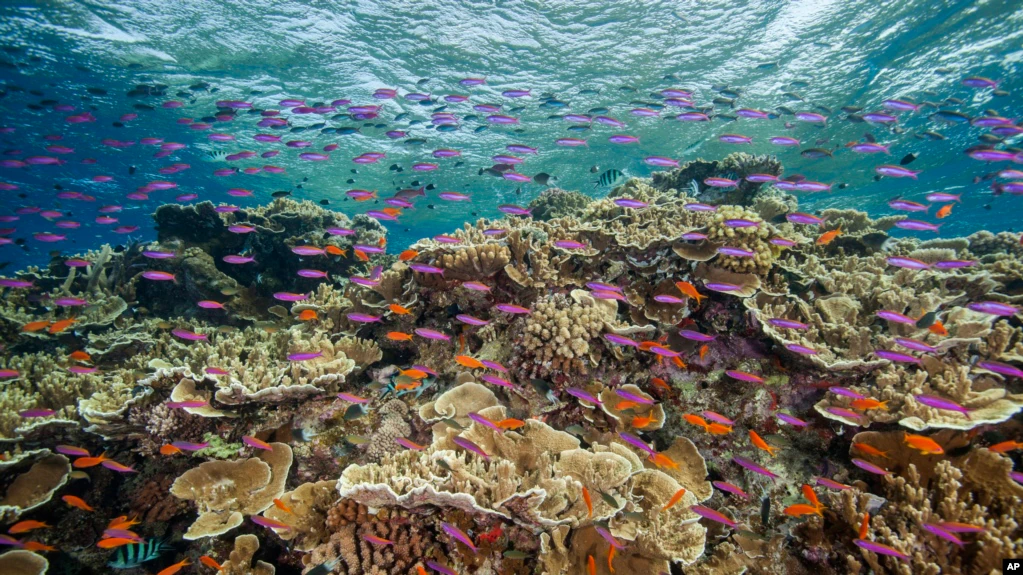A report by the United Nations Intergovernmental Panel on Climate Change (IPCC) has shown that the life of the Great Barrier Reef is being threatened by climate change.
Bleaching is the result of higher-than-normal ocean temperatures. While warmer water causes corals to release the plants that feed them and make them colourful, they turn white and sicken, often dying very quickly.
The Great Barrier Reef, which is over 2,300 Kilometers long, is known to be the largest living structure on Earth and is home to thousands of kinds of fish and other animals. Giant clams, whales, dolphins and birds are among the others that depend on the reef to live.
Humanity is said to also profit from the reef, which is very popular with visitors, who bring a lot of money to the area. Before the start of the COVID-19 crisis, for instance, reports had it that reef tourism was worth $4.6 billion yearly to the Australian economy, with the industry also supporting the creation of over 60,000 jobs.
Read also:Caribbean: Experts worry over non-implementation of policies on climate change mitigation
However, the IPCC In its sixth report on the health of the planet, said that if Pacific Ocean temperatures continue to rise, bleaching will kill the remaining corals that makeup Australia’s Great Barrier Reef.
The IPCC report warned that the warming will continue and bleaching events will happen more often.
Recall that in 2016, the Great Barrier Reef had its worst bleaching on record. While over 90 per cent of the reef was sickened, the IPCC report showed that the northern and middle parts of the reef were hit hard by a series of bleachings that followed.
The report described the reef there as being in a “highly degraded state, adding that bleaching will continue along the reef. It however suggests that it may simply be too late to stop bleaching completely.
“Even if the world is able to meet an international goal on temperature reduction, bleaching events will still take place,” the IPCC found.
The IPCC report further showed that warming ocean water will hurt reefs around the world with mass deaths of some coral species already recorded.
While the Australian government said it would provide $1 billion to help the reef, an amount critics say will not keep ocean temperatures from going up, the IPCC report has warned that if the bleaching continues, Australia’s economy will lose almost $1 billion and 10,000 jobs per year from reduced tourism.
Story was adapted from VOA.
